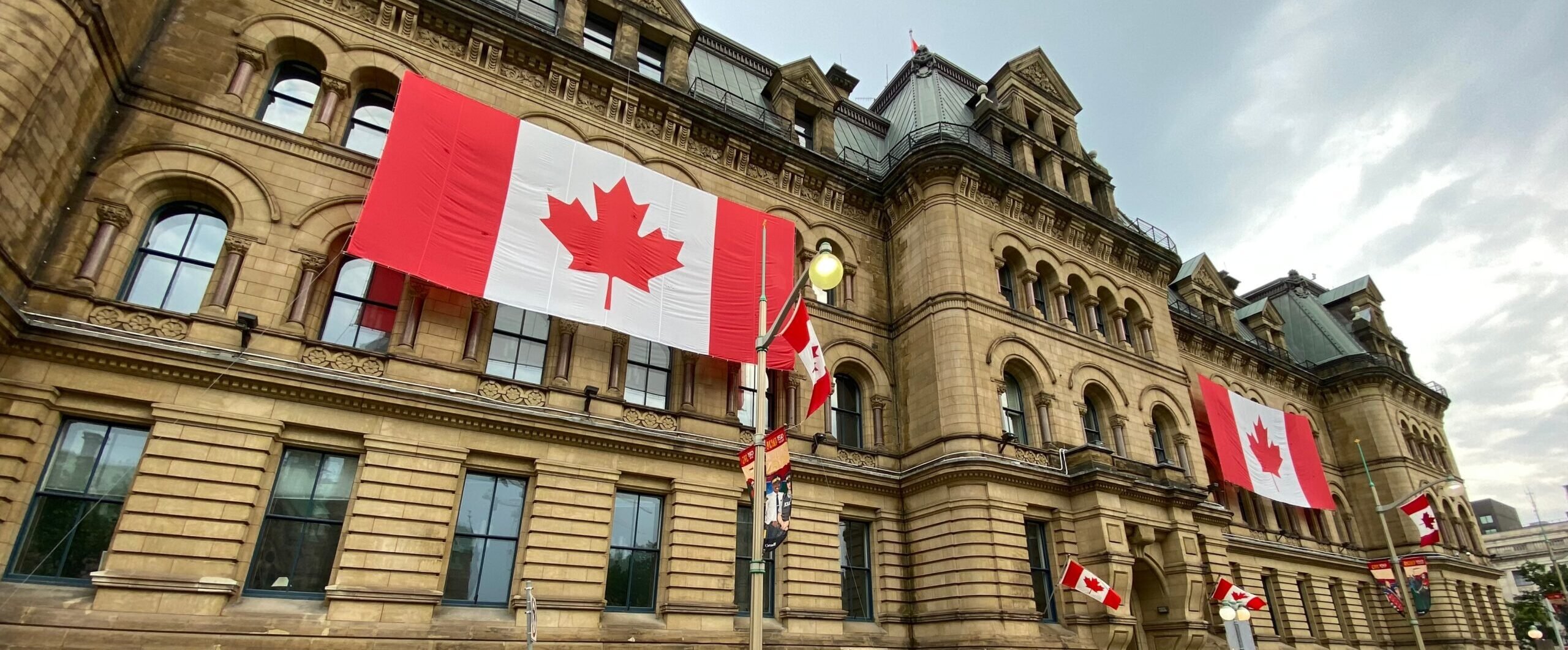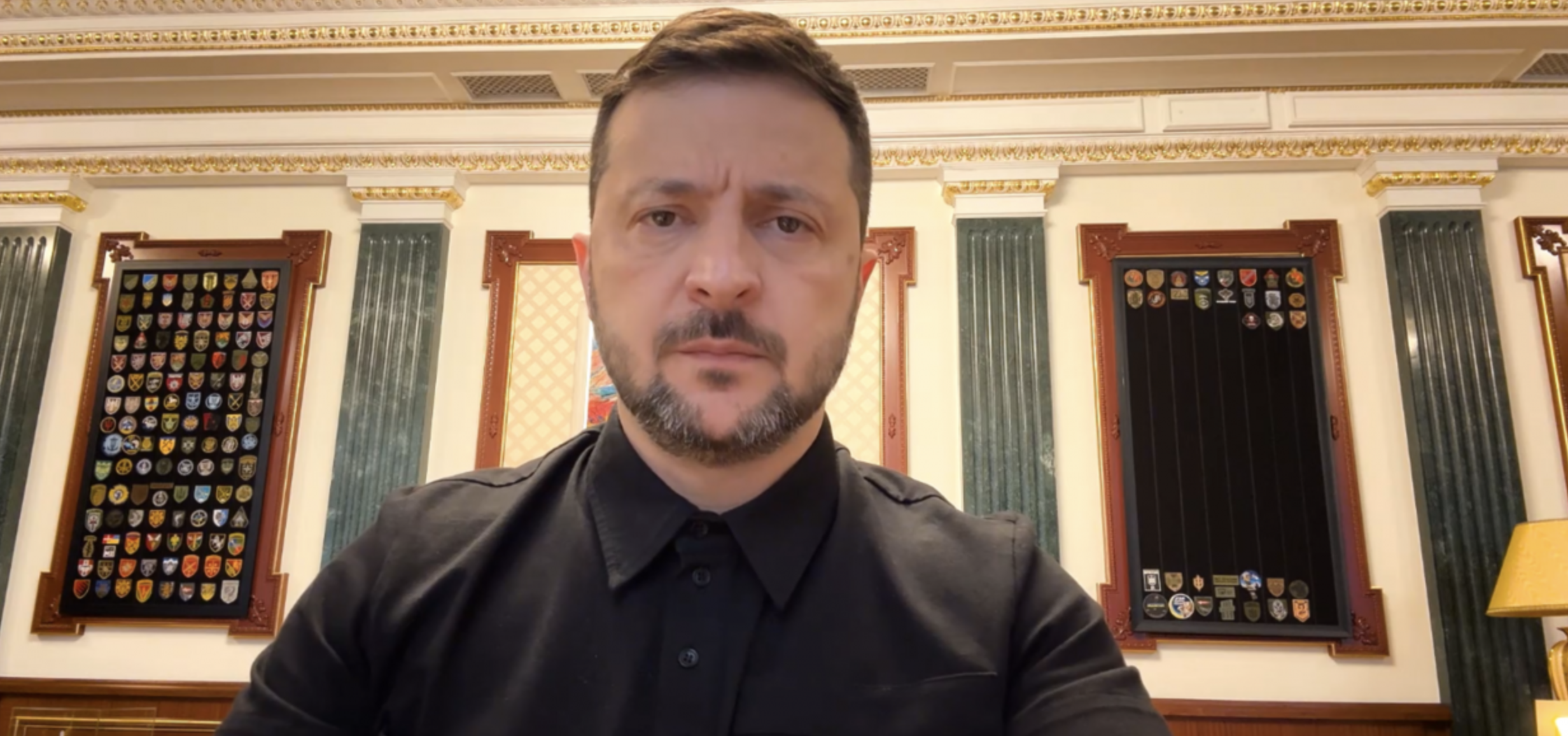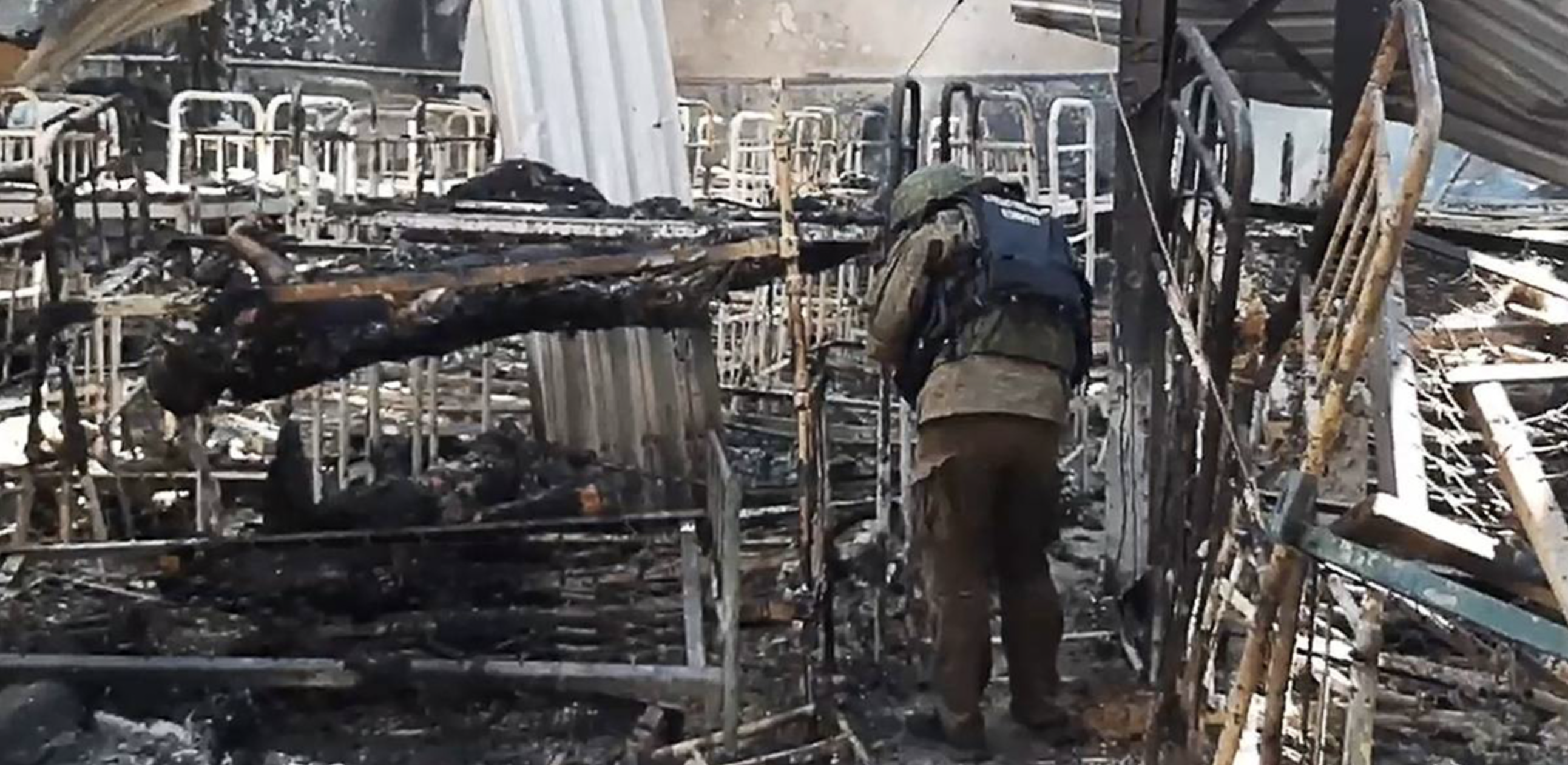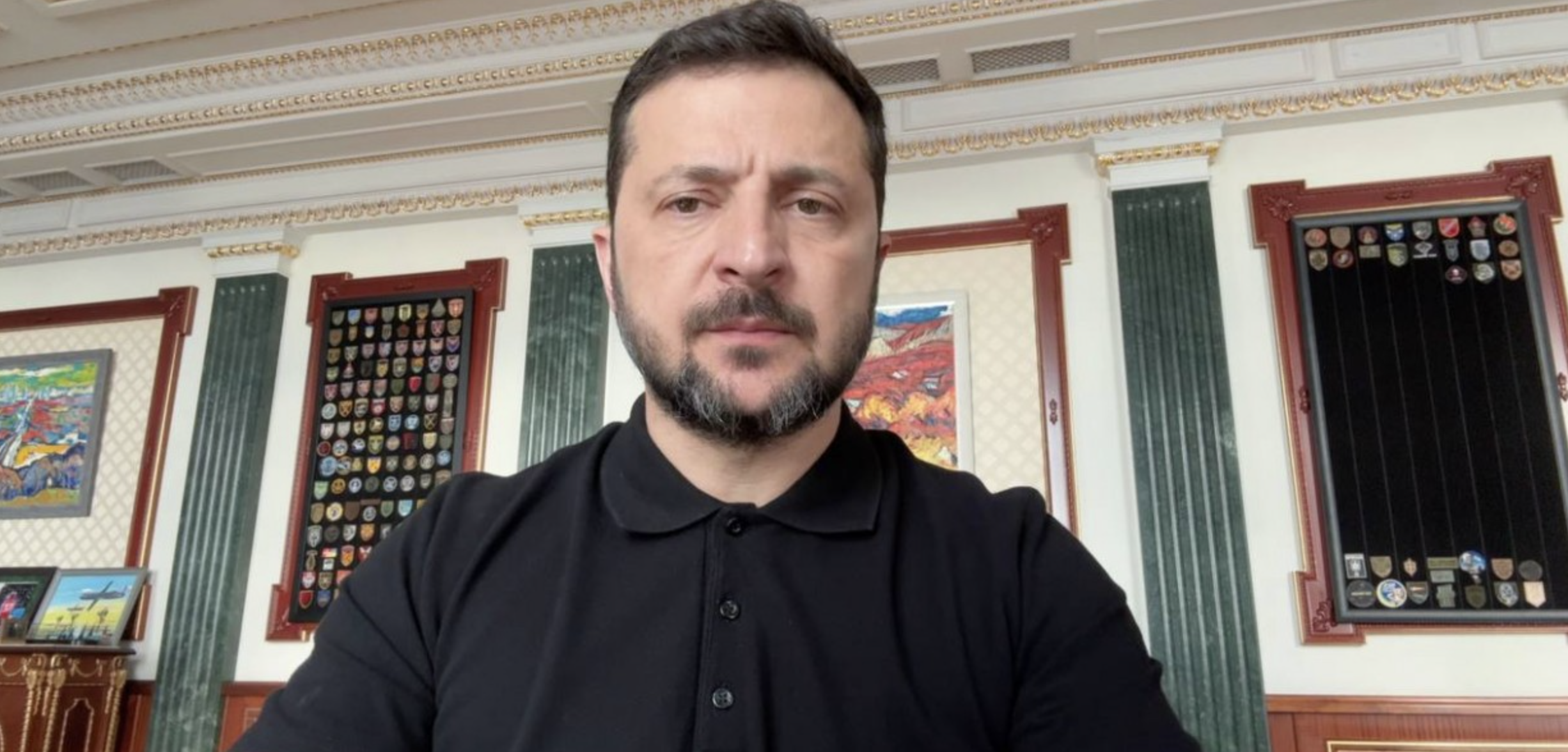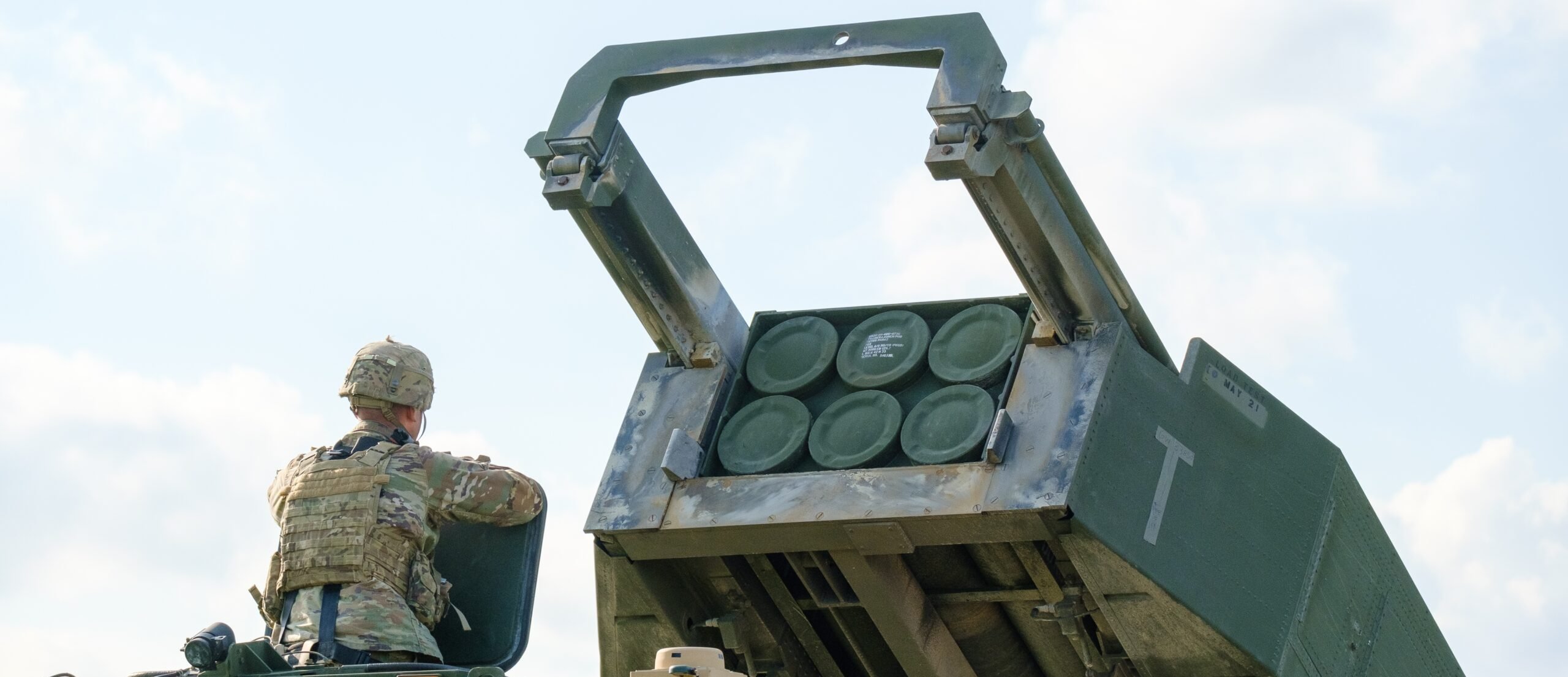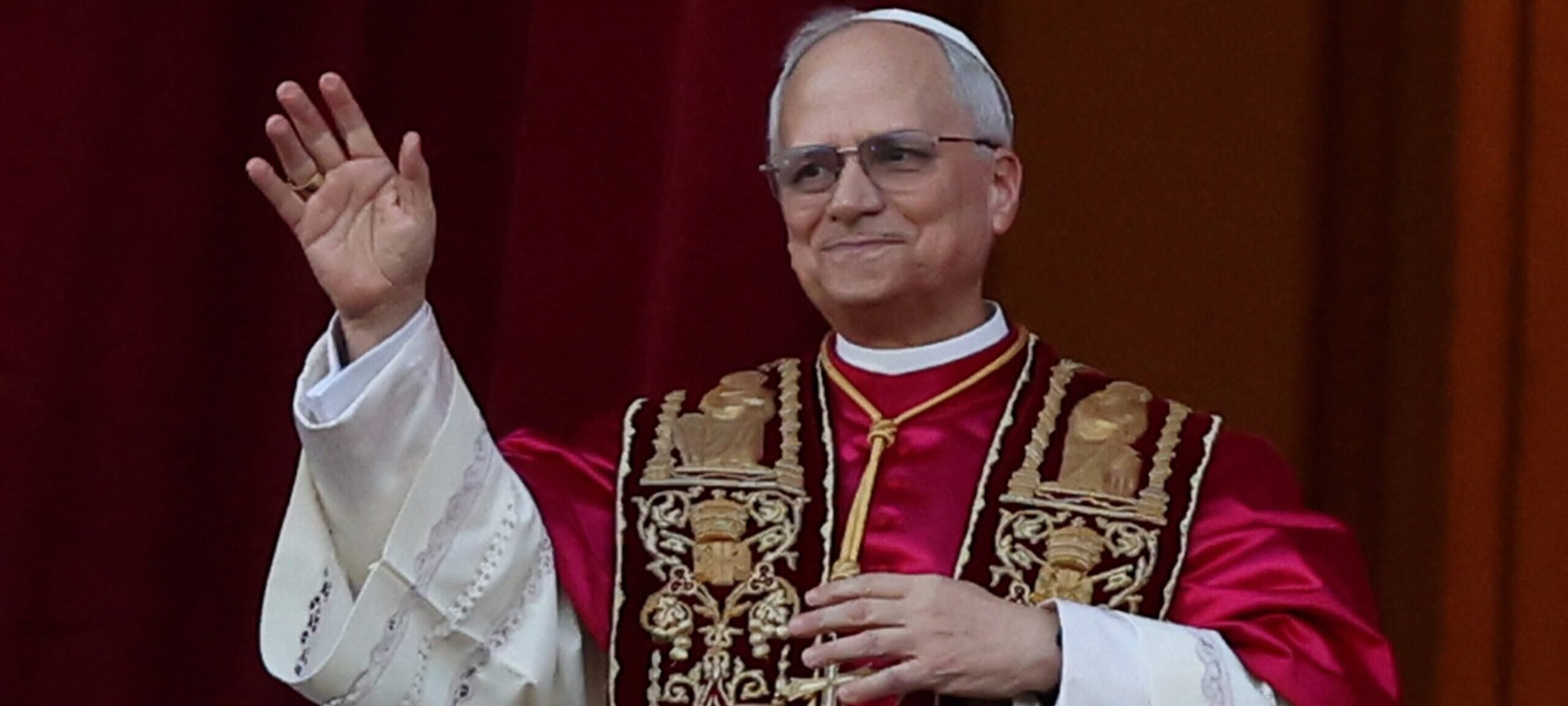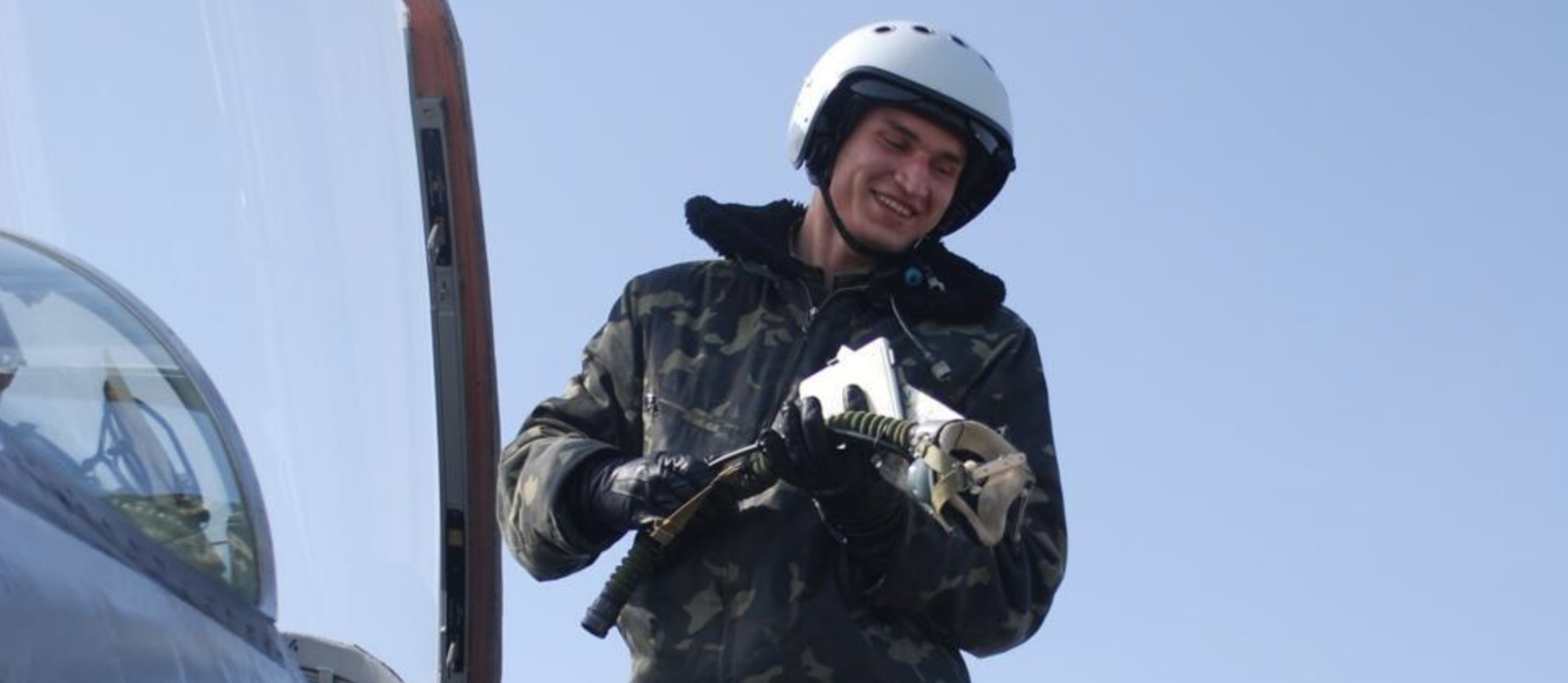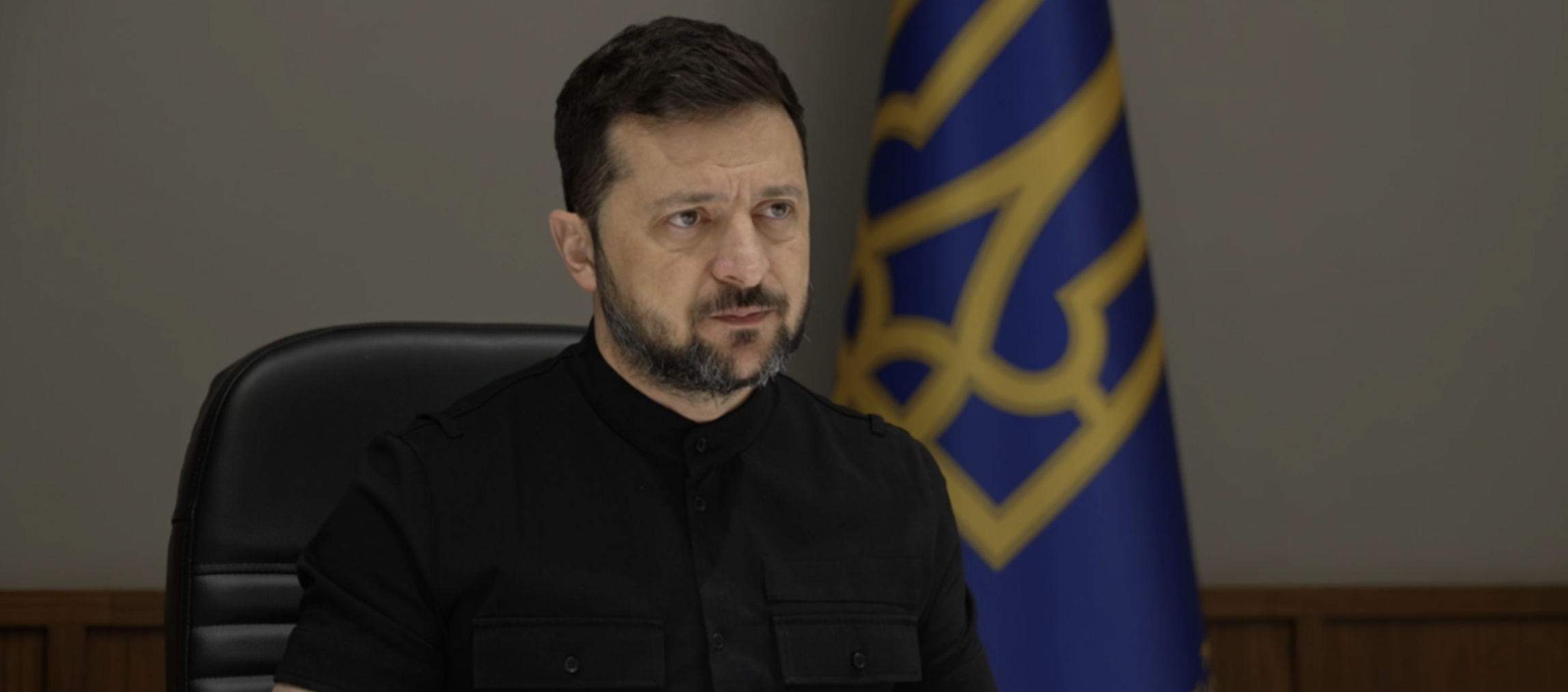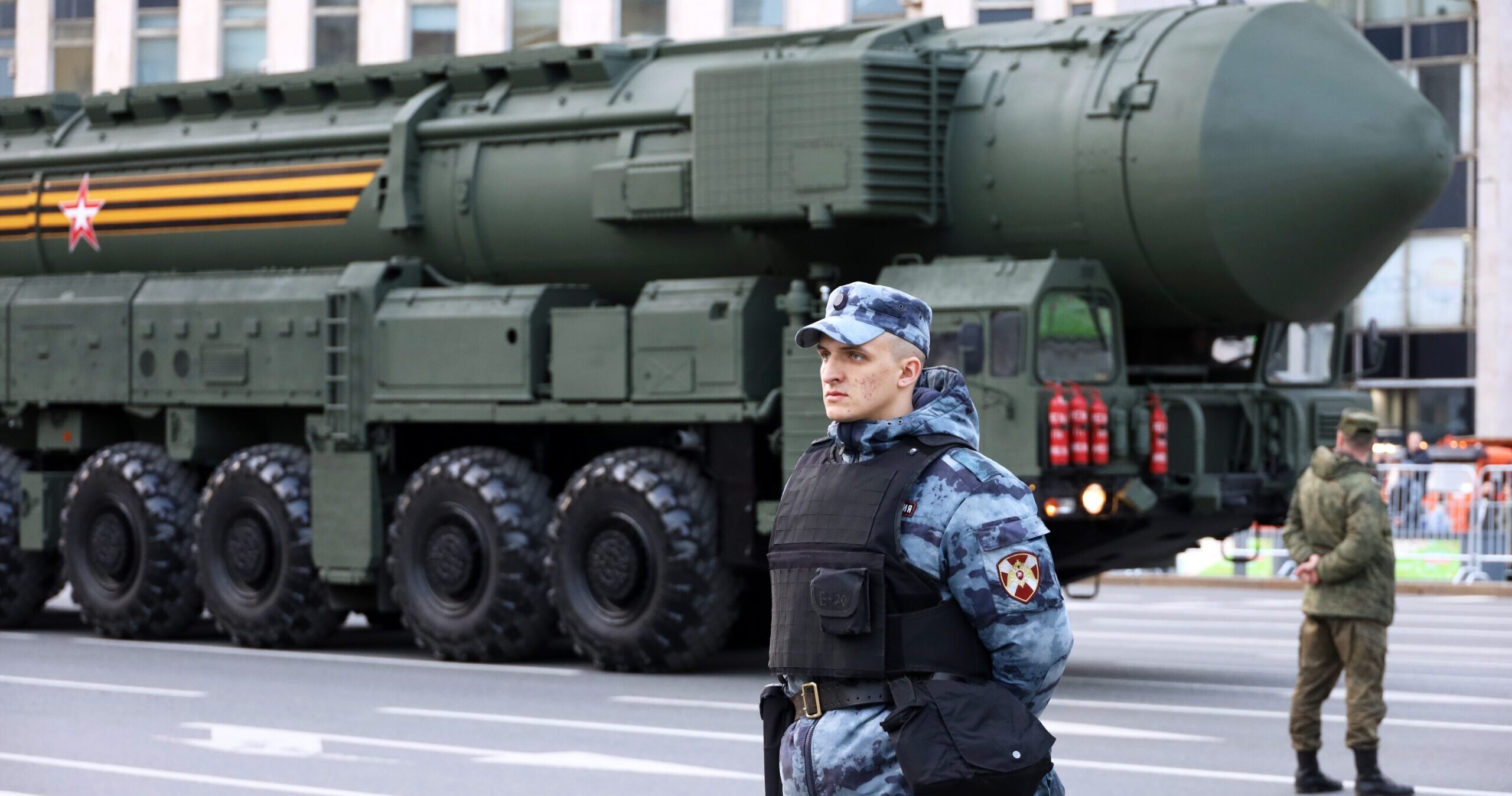

by Peter Dickinson, UK journalist and researcher, editor of Atlantic Council’s UkraineAlert service and publisher of Business Ukraine Magazine and Lviv Today magazine
Source: Atlantic Council
The Kremlin has this week announced plans to revise its nuclear doctrine, less than one month after Ukraine’s surprise invasion of Russia made a complete mockery of Moscow’s frequent nuclear threats. In a September 1 interview, Russia’s Deputy Foreign Minister Sergei Ryabkov confirmed that Russia is in the process of amending its doctrine on the use of nuclear weapons, while accusing the West of fueling an “escalation” of the war with Ukraine.
Russia’s current nuclear doctrine was set out by Vladimir Putin in 2020. It states that the Russian Federation reserves the right to use nuclear weapons in response to a nuclear attack or if “the very existence of the state has been placed under threat.” While there is virtually no chance of the current war triggering either of these clauses, this has not prevented Putin from engaging in regular bouts of nuclear saber-rattling since the start of Russia’s full-scale invasion.
The Kremlin dictator’s nuclear bravado began as soon as Russian tanks first rolled across the Ukrainian border in the early hours of February 24, 2022. In his public address announcing the invasion, Putin warned Western leaders that any attempt to intervene would result in consequences “such as you have never seen in your entire history.” Three days later, he hammered home the point by placing Russia’s nuclear forces on high alert.
This initial nuclear posturing set the tone for the entire invasion, with Putin and other Kremlin officials routinely resorting to thinly veiled nuclear threats in an obvious bid to undermine Western support for Ukraine. During one particularly notorious incident in September 2022 as he prepared to annex large parts of Ukraine, Putin directly referenced his country’s vast nuclear arsenal and vowed to use “all means at our disposal” to defend Russia’s conquests. “This is not a bluff,” he declared.
Russia’s use of nuclear blackmail has been widely condemned as reckless, but there is no escaping the fact that it has proved highly effective against risk-averse Western leaders. Since February 2022, Moscow’s nuclear threats have fueled a culture of escalation management in Western capitals that has consistently restricted the flow of arms to Kyiv and led to the imposition of absurd restrictions on Ukraine’s right to defend itself. Indeed, Putin’s ability to intimidate the West has arguably been his greatest success of the entire war.
While the Kremlin’s nuclear saber-rattling has clearly worked against the West, it has had far less of an impact in Kyiv. Throughout the war, Ukraine has repeatedly demonstrated a readiness to call Putin’s bluff and has displayed an almost complete lack of concern over crossing Russia’s so-called red lines.
In late 2022, Putin declared that Ukrainian provincial capital Kherson had joined Russia “forever.” Just weeks later, Ukraine liberated the city. Rather than reach for his nuclear button, the Russian ruler gave the order for his defeated troops to retreat across the Dnipro river. Similarly, when Ukraine ignored Moscow’s many graphic warnings and proceeded to sink or seriously damage around one-third of the entire Russian Black Sea Fleet, this did not spark World War III. On the contrary, Putin quietly instructed his remaining warships to withdraw from Crimea to the relative safety of Russian ports.
Cover: Shutterstock
